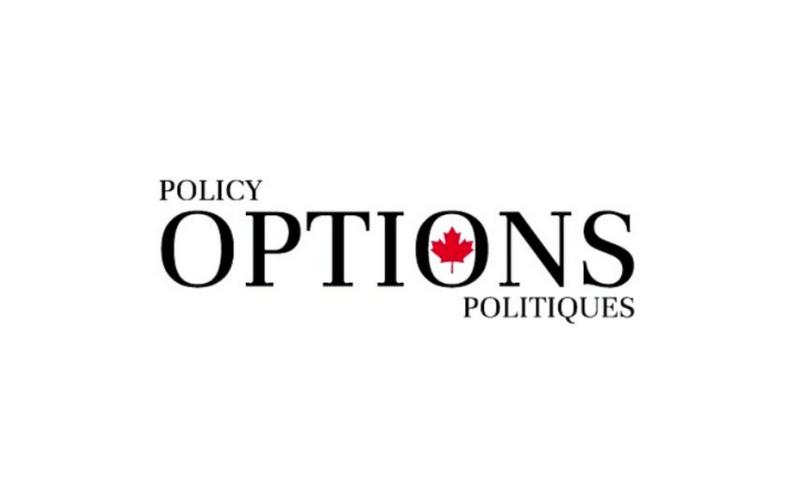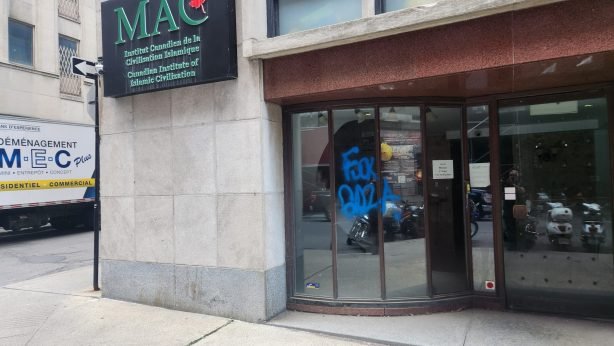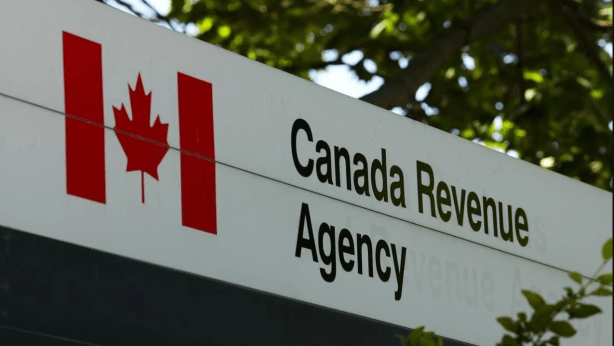The consequences of falling behind our allies on combatting terrorist financing

January 17, 2023 | By Khaled Al-Qazzaz
Muslim charities have borne the brunt of aggressive audits from the Canada Revenue Agency while emerging threats go unchecked
Recent allegations that the Canada Revenue Agency is unfairly auditing Muslim-led charities for possible ties to terrorist financing have stirred outrage. For years, Muslim charities have witnessed and experienced aggressive and intimidating audits, which have had a chilling effect on the community. The situation has been exacerbated by recent Globe and Mail articles alleging that fake RCMP and CRA records were created to portray federal investigators as acting unethically to intimidate and disrupt Canada’s largest Muslim charities. The goal of the fake documents was likely to sow fear in the charities and the community.
But how did all of this begin?
In 2021, after two independent reports alleged disproportionate targeting of Muslim charities through prejudicial audits, the Muslim charitable sector called for the suspension of the CRA’s terrorism financing unit, which is called the review and analysis division. It also called for an investigation by the National Security and Intelligence Review Agency. The practices of the CRA and the effects they have had on the Muslim community have been further exposed by the Senate standing committee on human rights’ investigation into Islamophobia in Canada.
At the National Summit on Islamophobia and again after recent Senate hearings into the CRA’s targeting of Muslim charities, Prime Minister Justin Trudeau acknowledged systemic Islamophobia in the CRA and that “significantly more” needs to be done to remove systemic barriers that affect Muslim charities.
[…]
Where does Canada stand?
The CRA refuses to acknowledge its practices have hurt the Muslim community. It continues to place too much emphasis on racial and religious communities, particularly Muslim, as the source of terrorism financing while domestic terrorism and far-right extremism rise. Despite the changing assessments of the international community, the CRA’s review and analysis division is not prioritizing charities with links to white supremacists, as confirmed by the CRA’s Sharmila Khare in her Senate testimony.
It is clear that Canada has missed the mark on real terrorism financing threats to our country and it is time for the federal government to re-evaluate its approach.
Recommendations
1. The CRA has to acknowledge that its two-decade-long focus on Muslim organizations is at odds with its Five Eyes allies and has caused irreparable harm to Canada’s Muslim community. The federal government, like the global Financial Action Task Force, needs to publicly admit that its framework has had unintended consequences.
2. The prime minister and the CRA owe an apology to Canadian Muslims and they need to start working with the community to restore trust. A strong political commitment to implement structural and systemic changes that eradicate Islamophobia must come with concrete action.
3. The National Inherent Risk Assessment must be repealed. What is required is a transparent re-evaluation of the risk in Canada’s charitable sector, as well as where the true terrorism financing risks are coming from, including domestic terrorism and the far-right, China and Russia.
4. The CRA’s approach to monitoring and regulating terrorism financing, including its review and analysis division, should be suspended as should active audits of Muslim charities by the division.
5. The federal government must direct the National Security Intelligence Review Agency to conduct an investigation into the CRA, the National Inherent Risk Assessment, and charities that have suffered disproportionate outcomes.
6. The Department of Finance should conduct a study to determine how its National Inherent Risk Assessment has resulted in the de-risking and financial exclusion of Muslim charities, and it should collaborate with financial institutions to ensure that all Canadian organizations receive fair service.
7. Muslim grassroots and advocacy organizations should be consulted on reform and given representation in oversight bodies.
Read the full article: The consequences of falling behind our allies on combatting terrorist financing (irpp.org)

Khaled Al-Qazzaz is the director of education for the Muslim Association of Canada.

Policy Options is the digital magazine of the Institute for Research on Public Policy.


